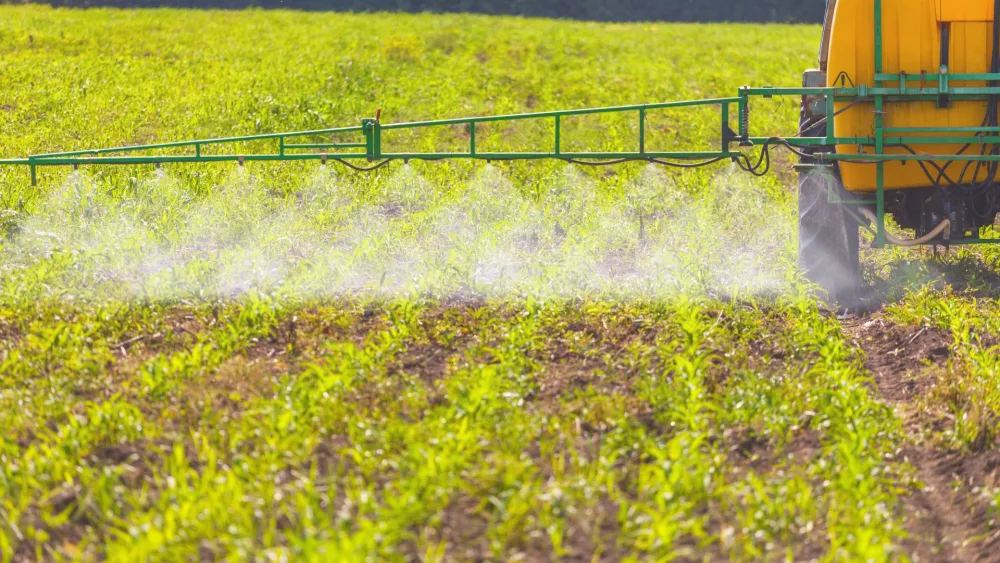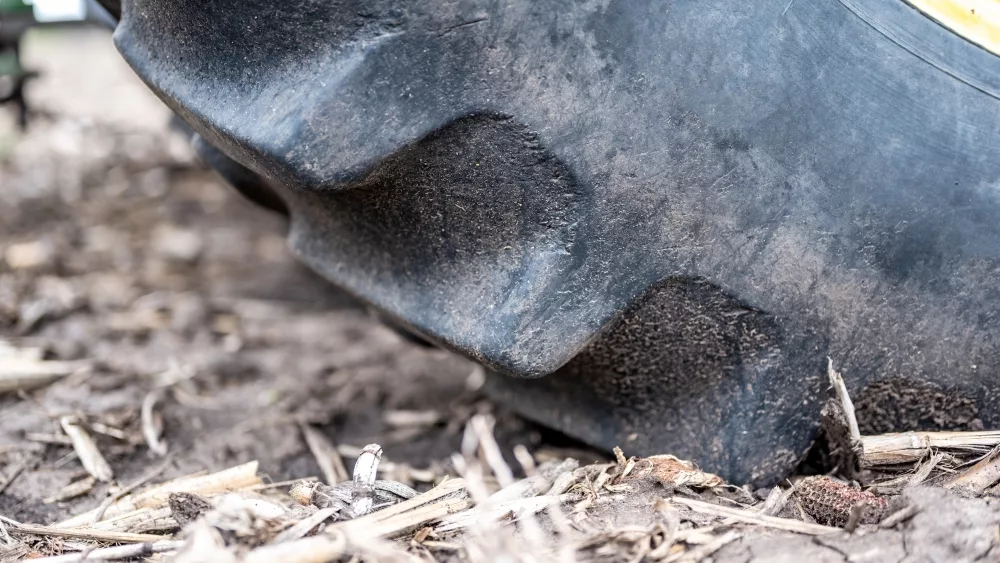Tomato production in the United States continues the steady decline it has seen since the implementation of the North American Free Trade Agreement (NAFTA) in 1994. Congresswoman Kat Cammack (R-FL 3rd District) says the decline is primarily caused by imports of tomatoes from Mexico, a fact backed up by a detailed report from the University of Florida.
“It started under NAFTA where there wasn’t the acknowledgment that our producers, particularly tomatoes, would be hit hardest under NAFTA. As a result of years of hard work, there was a tomato suspension agreement that was put into place which was designed to protect our domestic tomato farmers. What we have seen, though, is a lack of enforcement,” said Cammack.
The tomato suspension agreement was created in 1996 to keep Mexican tomatoes from flooding the U.S. market. Cammack says it is a vivid example of how the nation’s seasonal and perishable crop producers need more protection in trade agreements. She had a recent meeting at the U.S. Trade Representative’s Office.
“I talked about this issue, and I also talked about the lack of enforcement with the tomato suspension agreement and he’s well aware and you know said it would be better if we could do a legislative fix because the politics of the administration don’t seem to jive with us protecting our domestic producers,” she said. “So, I think it’s interesting that you have people within the administration saying if you could give us a legislative fix, we would rather do that than try to do it through the administrative state.”
NAFTA was replaced with the U.S.-Mexico-Canada Agreement (USMCA) in 2019. The tomato suspension agreement was last updated that same year.
Click below for Sabrina Halvorson’s radio news report for Hoosier Ag Today.





